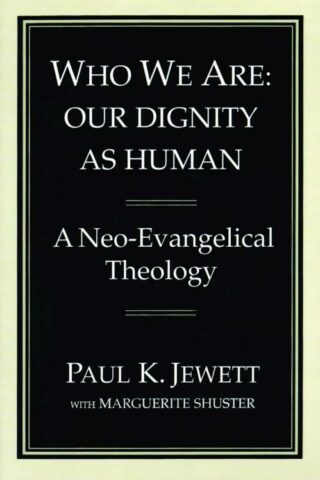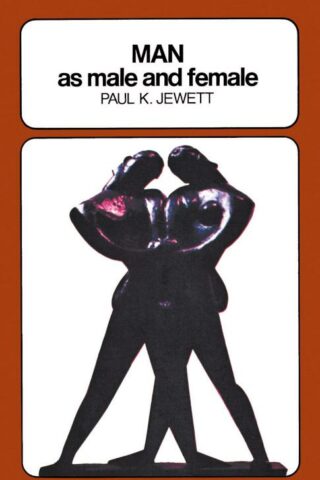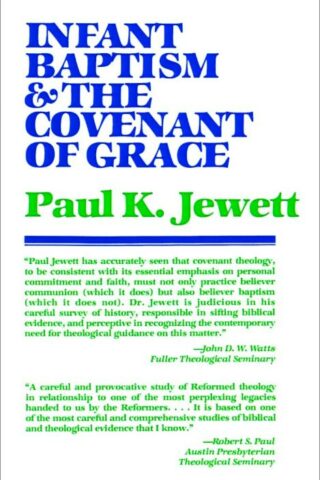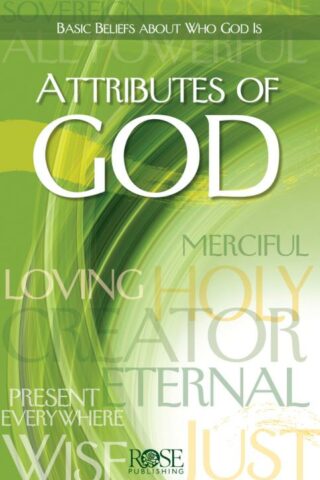Paul Jewett
Showing all 3 resultsSorted by latest
-
Who We Are A Print On Demand Title
$48.99This is a print on demand book and is therefore non- returnable.
This timely theology of humankind gives an evangelical and Reformed perspective on what it means for us to be created in the image of God and shows how this image relates to contemporary problems of racism, sexuality, and our relationship to the natural world.
The second volume in the late Paul Jewett’s planned multivolume systematic theology – which began with God, Creation, and Revelation – this work brings solid biblical and theological scholarship to bear on the Christian doctrine of humankind, showing that our unique dignity as human beings is to have been created to live our lives before God, in loving responsibility toward God and other people. Excellent doctrinal sermons by Marguerite Shuster demonstrate how theological and practical aspects of the doctrine of humankind might be preached in local congregations.
Add to cartin stock within 3-5 days of online purchase
-
Man As Male And Female A Print On Demand Title
$25.99Not without justification, Christian theologians (most of whom have been men) have been described as male chauvinists. But to the extent that such an accusation is fair, Paul Jewett would argue, these theologians are not living up to the genius of Christian theology. That is the burden of this provocative new book.
In Man as Male and Female Professor Jewett sets forth and elaborates a full-orbed theology of human sexuality. The key to it is embedded in the Genesis account of creation. Not only are we told that Man is created in God’s image but also “male and female created he them.” The differentiation between the sexes, Jewett argues, captures something of the trinitarian character of the Creator, particularly the dimension of fellowship.
What that means is that the relationship of man to woman is one of partnership, not hierarchy. Man and woman are properly related when they accept each other as equals whose differences complement each other in all areas of life.
Quite a different view took hold as the religion of the Old Testament developed. Man was seen as superior, women inferior; man made the rules, woman obeyed them. Jesus made no radical verbal challenge to that system. But his way of life and his treatment of women, Professor Jewett argues, bespoke a profound new theory, later given definite expression by the Apostle Paul: “In Christ there is . . . no male and female.” In response to those who would quote Paul to support the other side, Professor Jewett contends that Paul’s practice simply did not always match his profound and revolutionary insight.
Interspersed among the steps of Professor Jewett’s careful theological study are fascinating notes concerning questions like sex in the final eschaton, the marital status of Jesus, the hatred of women in Western thought, and the ordination of women.
Add to cartin stock within 3-5 days of online purchase
-
Infant Baptism And The Covenant Of Grace A Print On Demand Title
$29.99Paul Jewett, author of the creative and highly provocative book Man As Male and Female, here turns his critical attention to the practice of infant baptism. Jewett does not accept the traditional “covenant” argument for baptizing infants, and this book explains why he believes this argument fails.
Infant baptism is not a subject which can be isolated. For, as Jewett would have his readers understand, one’s view on this issue is integrally related to one’s view of the sacraments in general and thereby to the whole doctrine of the church and salvation. Thus it is understandable that what appears to be a minor theological question has had such divisive effects on the church.
A discussion of the historical source of infant baptism begins Jewett’s critique and introduces such issues as the distinction between infants and children, the silence of certain early church fathers on the subject, infant communion, and catechetical instruction.
The second and major portion of this book examines the theological issue, focusing specifically on the covenant argument, which suggests that baptism replaces circumcision as the sign of the covenant and thereby is given to infants. This argument, Jewett claims, fails to take into account the historical character of revelation, and contains certain contradictions.
Jewett concludes with a creative defense of believer baptism, one which is theologically responsible and which recognizes the profound truths of covenant theology.
Add to cartin stock within 3-5 days of online purchase












